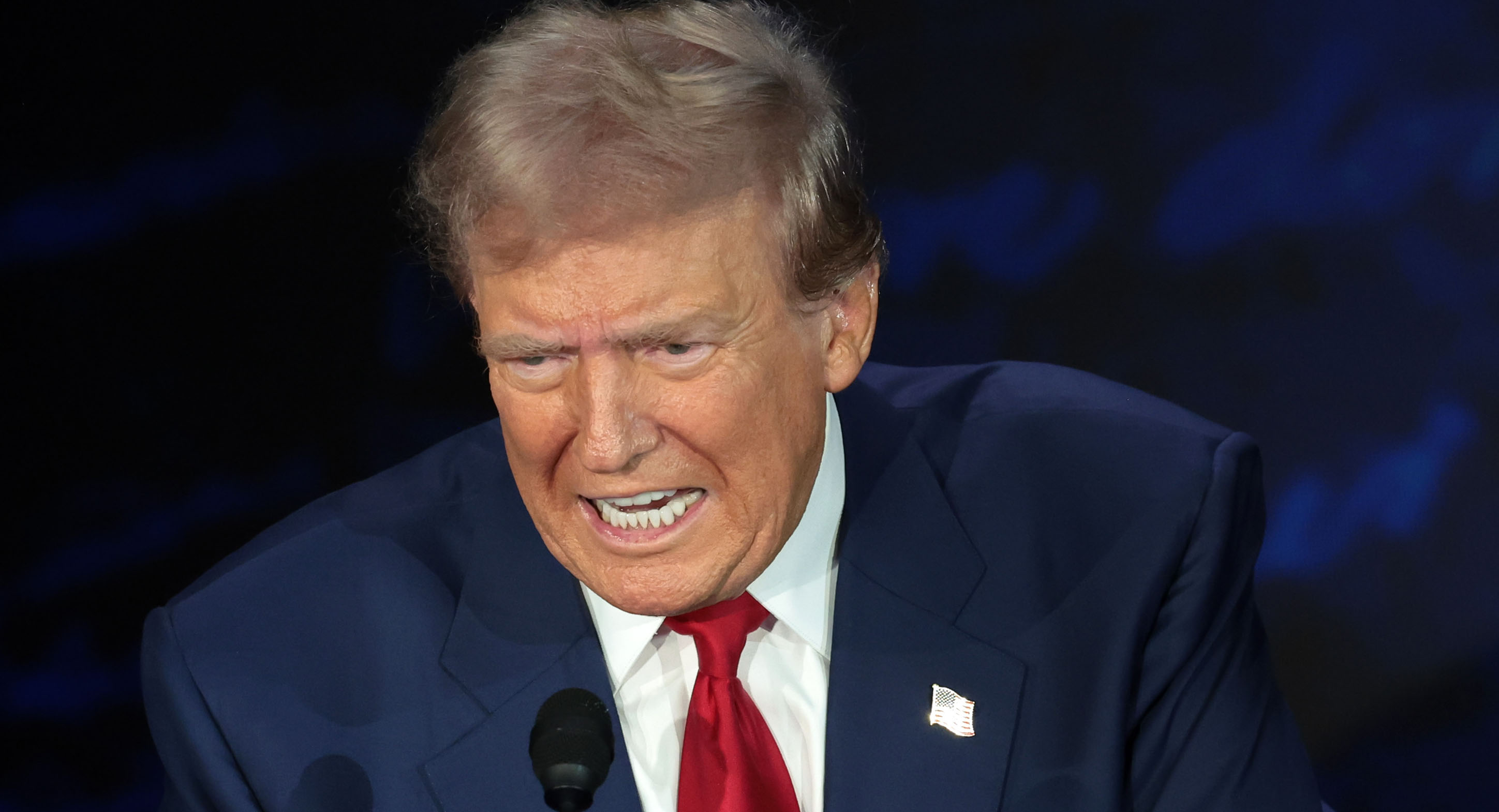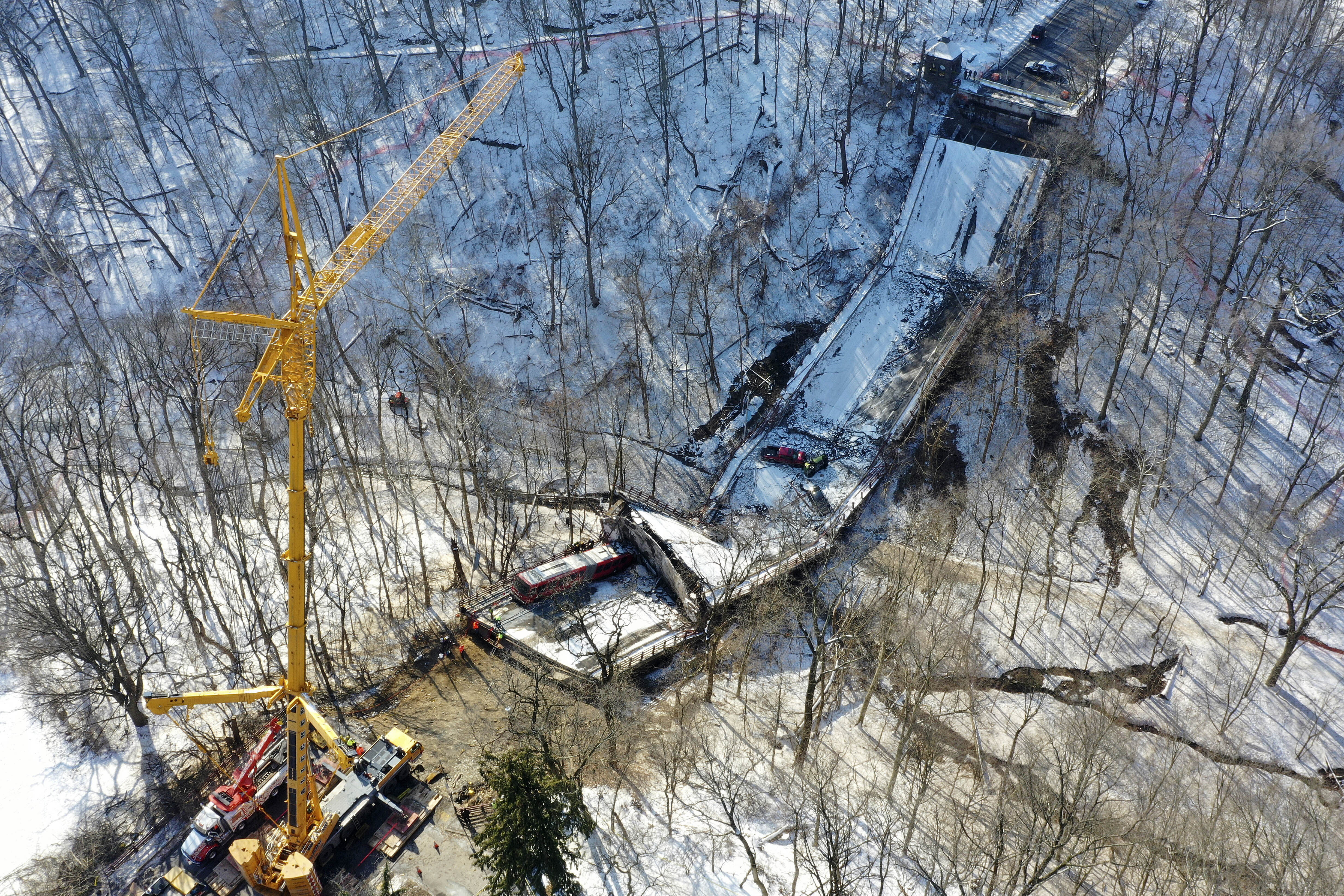Over the last three decades, West Virginia’s voter participation has been well below the national average. In 2020, the coal-rich state had the second-lowest citizen voting rate in the country, after Arkansas, according to the U.S. Census.
Several researchers studying community engagement in West Virginia said its narrow job market and the influence of the coal, oil and gas industries on its economy may be contributing to the low numbers.
“We bleed our young talent away from the state,” said Samuel Workman, director of the Institute for Policy Research and Public Affairs at West Virginia University. “So, we disproportionately lose our younger-age folks. If you’re a young person and you’re not aligned with the party in power, it makes it very hard to see how your vote matters.”
Just 55% of West Virginia’s employable population was working or actively seeking work as of July — ranking the state 50th in labor force participation. That has spurred some working-age people to move away, giving West Virginia the largest population loss by percentage of any U.S. state from 2010 to 2020, according to census data. It now has the third-highest percentage of residents ages 65 and older.
Get top local stories in San Diego delivered to you every morning. Sign up for NBC San Diego's News Headlines newsletter.
Together, those factors have contributed to a sense of pessimism among some young voters about their state’s future, along with apathy about casting their ballots, according to several experts, advocates and voters.
What’s more, the state has voted reliably Republican since 2000, with a significant increase in the share of ballots cast for candidates on the right over time. The lack of competition has meant the state doesn’t get much attention from presidential candidates, and this year, Democratic-turned-independent Sen. Joe Manchin is retiring after a close election in 2018. His seat is expected to go to Gov. Jim Justice, a Republican, further reducing competition between the two parties in West Virginia.
Nonetheless, as November approaches, several organizations are working to persuade young voters in the state to head to the polls.
U.S. & World
Gary Zuckett, executive director of West Virginia Citizen Action Group, an advocacy organization that works to amplify citizens’ voices in public affairs, attributed the lack of voter enthusiasm to a loss of faith in the political system.
“The prevailing feeling is that … no matter what we do, we’re always going to get knocked back down. So why vote?” he said.
Zuckett’s group is working to educate potential voters and boost turnout by tabling at and sponsoring sporting events and festivals.
“We’re trying to get West Virginians to see that voting is not just a right, but also a responsibility,” he said.
The group has also been contacting voters whose registration has been purged because they did not vote in the last few election cycles. Per state policy, West Virginia voters who have not updated their records or voted in the prior four years must respond to a notice confirming their registration. If they do not, they are considered inactive; their registration is then canceled if they do not vote in the next two general elections.
Since 2017, 400,000 West Virginia voters have been purged from state voter rolls, according to the West Virginia Secretary of State’s Office.
A state bill aims to shorten that timeline even further, to two years instead of four. It has passed in the West Virginia Senate but not yet in the House.
Junior Walk, 34, an environmental activist in Naoma, is one of the state's young voters who doesn’t plan to go to the polls.
“There is no difference in your politicians," he said. "A politician is going to have the back of the coal company because the coal companies are the ones with money, they’re the ones going to give them campaign contributions."
Walk, an outreach coordinator with the nonprofit Coal River Mountain Watch, said his father and grandfather both became sick after decades working in coal mines. These days, he uses a drone to monitor for and record possible violations committed by coal companies at active mine sites and abandoned zombie mines. (Zombie coal mines are inactive mines that were never properly shut down, which can consequently contaminate local water and harm natural habitats.)
Walk uses the video evidence to file civilian complaints with West Virginia’s Department of Environmental Protection.
“I’d rather focus on the here and now and what I can do today as an individual to make that change and make that difference here in West Virginia,” he said. “And I don’t think any presidential election is really going to have much bearing on that.”
Neal Barkus, president of the nonpartisan environmental advocacy group Conservation West Virginia, said he has heard similar sentiments from other young West Virginia voters.
“Many of them are dispirited in a sense that they don’t think that their vote matters, and they don’t think that there’s much that can be done to change the situation,” he said.
However, as the election approaches, Barkus’ organization plans to educate voters online about how climate change affects their lives and place targeted social media ads about candidates with strong environmental platforms and information on Election Day.
“Hopefully putting those two things together, we will move the needle a little bit in November,” Barkus said.
Zuckett similarly said that one of his group’s priorities is boosting awareness of the climate crisis among West Virginians. In his outreach work, he’s seen an uptick in interest in climate issues from young voters, he said.
“The presidential election gives us a little boost in turnout,” Zuckett said, “We’re hoping to see a better-than-average turnout this year. We’re seeing people get out there, and the climate crisis is a driving factor.”
This article first appeared on NBCNews.com. Read more from NBC News here:



